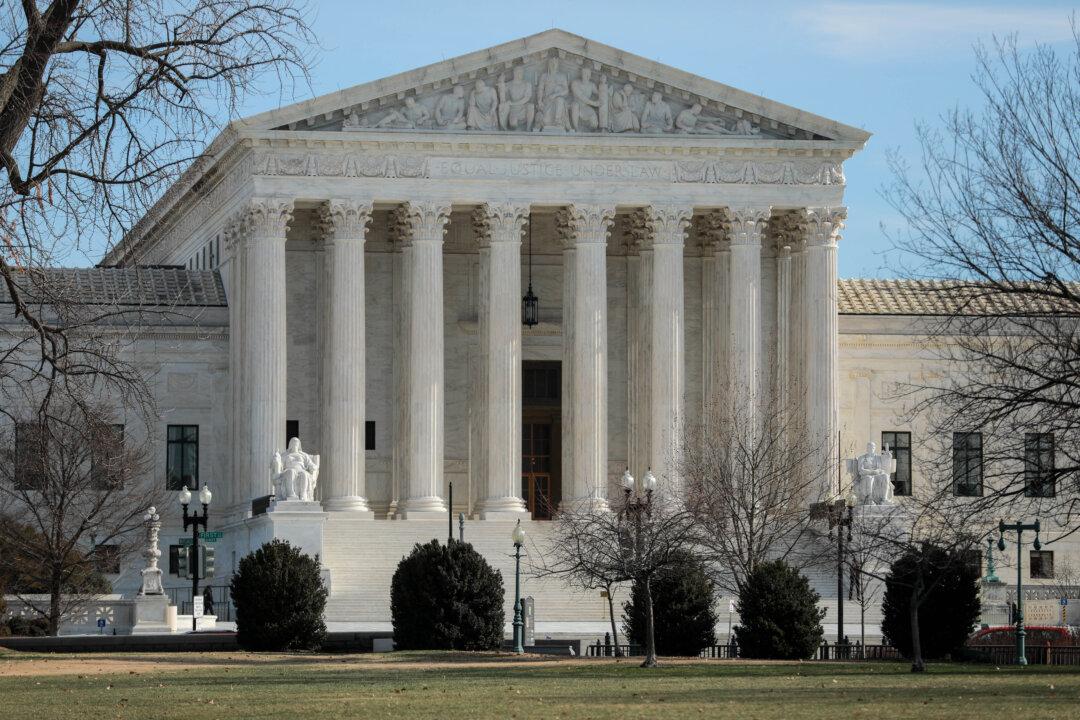WASHINGTON—The Trump administration told the Supreme Court that a foreigner who entered the country unlawfully and was thrice denied asylum during administrative proceedings doesn’t have the legal right to challenge an expedited removal order in the courts.
If the government loses the appeal in the case, known as Department of Homeland Security (DHS) v. Thuraissigiam, the flow of illegal aliens and would-be asylees to the United States could accelerate at a time when the Trump administration has been trying to curb the flow of such people into the country.





